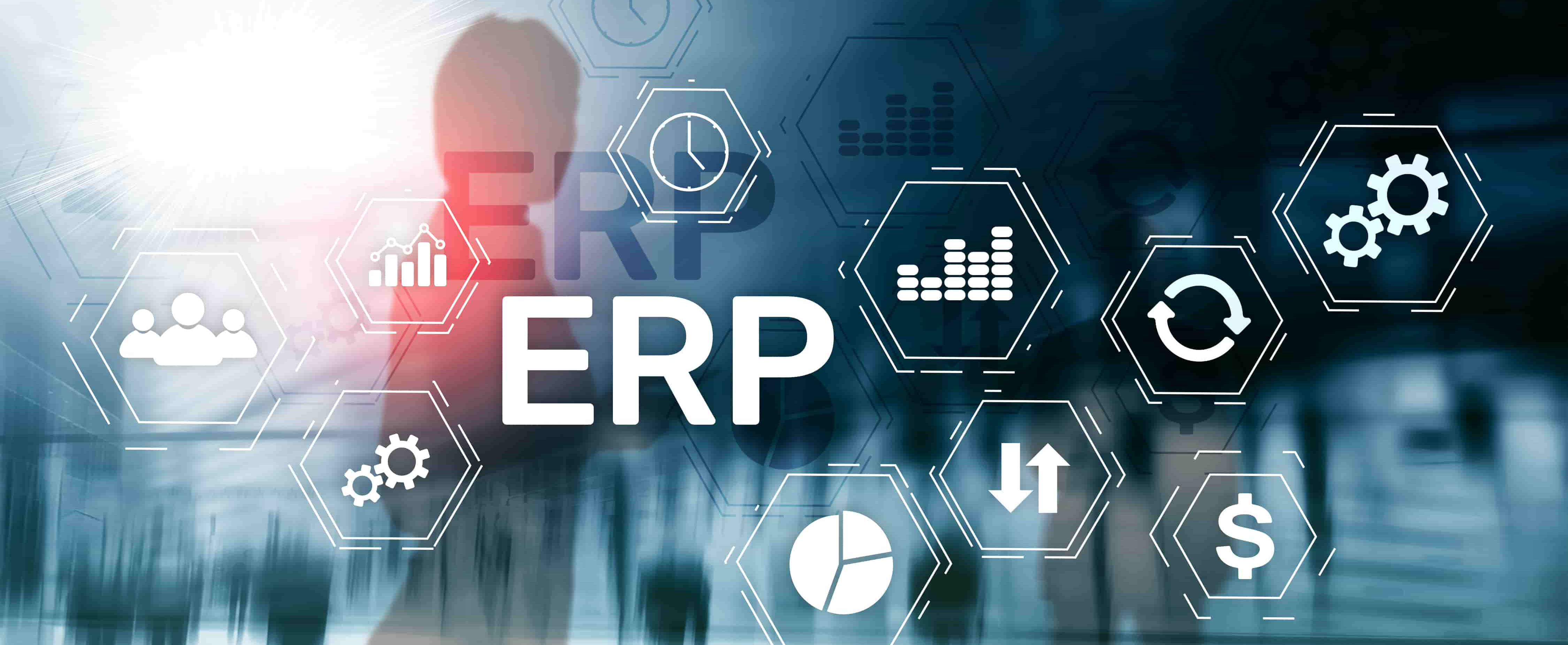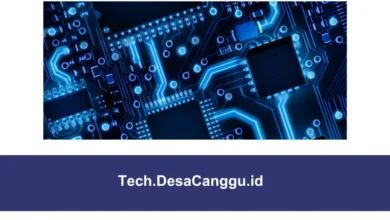Microsoft ERP Solutions: Transforming Business Operations for the Digital Age


Introduction to Microsoft ERP Solutions
In the digital age, businesses need robust, scalable, and flexible solutions to manage their operations efficiently. Enterprise Resource Planning (ERP) systems are at the core of this transformation, providing integrated platforms that streamline processes across various functions. Microsoft ERP solutions, particularly Dynamics 365, are leading the way in empowering businesses with the tools they need to thrive in a competitive landscape.
What Are Microsoft ERP Solutions?
Microsoft ERP solutions are comprehensive software platforms designed to manage and integrate a company’s core business processes. These solutions cover areas such as finance, supply chain management, manufacturing, sales, customer service, and human resources. Microsoft Dynamics 365, the flagship ERP offering, combines ERP and Customer Relationship Management (CRM) capabilities, providing a unified and intelligent business application suite.
Importance of Microsoft ERP Solutions
Integrated Business Processes
Microsoft ERP solutions integrate various business processes into a single platform, enhancing coordination and efficiency. This integration ensures that data flows seamlessly across departments, reducing silos and improving decision-making.
Real-Time Data and Insights
With real-time data and advanced analytics, Microsoft ERP solutions enable businesses to gain actionable insights. This visibility into operations helps companies make informed decisions, respond quickly to changes, and capitalize on new opportunities.
Scalability and Flexibility
Microsoft ERP solutions are designed to scale with your business. Whether you are a small business or a large enterprise, these solutions can be customized to meet your specific needs, providing the flexibility to adapt to market demands.
Enhanced Productivity
By automating routine tasks and providing intuitive user interfaces, Microsoft ERP solutions enhance productivity. Employees can focus on high-value activities, driving innovation and growth.
Improved Customer Engagement
With integrated CRM capabilities, Microsoft ERP solutions help businesses improve customer engagement. This includes better customer service, personalized experiences, and efficient sales processes.
Key Features of Microsoft ERP Solutions
Financial Management
Microsoft ERP solutions offer robust financial management capabilities, including general ledger, accounts payable and receivable, budgeting, and financial reporting. These features help businesses manage their finances accurately and efficiently.
Supply Chain Management
Supply chain management features include demand forecasting, procurement, inventory management, and logistics. Microsoft ERP solutions optimize supply chain operations, ensuring timely delivery of products and reducing costs.
Manufacturing
Manufacturing features support production planning, scheduling, and execution. These tools help businesses optimize production processes, reduce downtime, and improve product quality.
Sales and Customer Service
Sales and customer service features include lead and opportunity management, order processing, and customer support. These capabilities help businesses streamline sales processes and enhance customer satisfaction.
Human Resources
Human resources features cover employee management, payroll, benefits administration, and performance management. Microsoft ERP solutions simplify HR processes, enabling businesses to manage their workforce effectively.
Business Intelligence and Analytics
Advanced analytics and business intelligence tools provide real-time insights into business performance. Microsoft ERP solutions leverage AI and machine learning to deliver predictive analytics and data-driven recommendations.
Benefits of Microsoft ERP Solutions
Enhanced Operational Efficiency
Microsoft ERP solutions streamline business processes, reducing manual effort and increasing efficiency. This leads to faster cycle times, lower operational costs, and improved productivity.
Data-Driven Decision Making
With access to real-time data and advanced analytics, businesses can make informed decisions. Microsoft ERP solutions provide the insights needed to identify trends, assess performance, and plan strategically.
Improved Collaboration
Integrated business processes and a unified data platform enhance collaboration across departments. This leads to better coordination, faster problem-solving, and more cohesive operations.
Scalability
Microsoft ERP solutions are designed to grow with your business. Whether expanding into new markets or increasing operational capacity, these solutions provide the scalability needed to support growth.
Compliance and Risk Management
Microsoft ERP solutions include features to help businesses comply with industry regulations and manage risk. This includes audit trails, security controls, and compliance reporting.
Enhanced Customer Satisfaction
By improving customer engagement and streamlining service processes, Microsoft ERP solutions help businesses enhance customer satisfaction. This leads to increased customer loyalty and repeat business.
Challenges in Implementing Microsoft ERP Solutions
Change Management
Implementing an ERP system requires significant changes in business processes and workflows. Effective change management strategies are essential to ensure a smooth transition and user adoption.
Cost of Implementation
While Microsoft ERP solutions offer significant benefits, the initial investment can be substantial. Businesses need to evaluate the return on investment and ensure that the long-term benefits justify the costs.
Data Migration
Migrating data from legacy systems to a new ERP platform can be complex and time-consuming. Ensuring data accuracy and integrity is crucial for a successful implementation.
Customization and Integration
Customizing and integrating ERP solutions with existing systems can be challenging. Businesses need to work closely with implementation partners to ensure that the system meets their specific needs.
Training and Support
Ensuring that employees are adequately trained to use the new ERP system is essential. Ongoing support and training resources are necessary to maximize the benefits of the solution.
Future Trends in Microsoft ERP Solutions
Cloud Adoption
Cloud-based ERP solutions are becoming increasingly popular due to their scalability, flexibility, and lower total cost of ownership. Microsoft Dynamics 365 offers cloud deployment options, providing businesses with the agility to adapt to changing needs.
Artificial Intelligence and Machine Learning
AI and machine learning are transforming ERP systems by providing predictive analytics, process automation, and intelligent insights. Microsoft ERP solutions leverage these technologies to enhance decision-making and operational efficiency.
Internet of Things (IoT)
IoT integration with ERP systems enables real-time monitoring and control of assets and processes. This connectivity enhances visibility and allows for proactive maintenance and optimization.
Enhanced User Experience
Future ERP solutions will focus on enhancing the user experience with intuitive interfaces, mobile access, and personalized dashboards. This will improve user adoption and productivity.
Sustainability
Sustainability is becoming a key focus for businesses. Microsoft ERP solutions are incorporating features to help companies track and manage their environmental impact, supporting sustainability initiatives.
Conclusion
Microsoft ERP solutions are transforming business operations by providing integrated, scalable, and intelligent platforms. These solutions enhance efficiency, improve decision-making, and drive growth. As technology continues to evolve, businesses that leverage advanced ERP capabilities will be well-positioned to succeed in the digital age.



